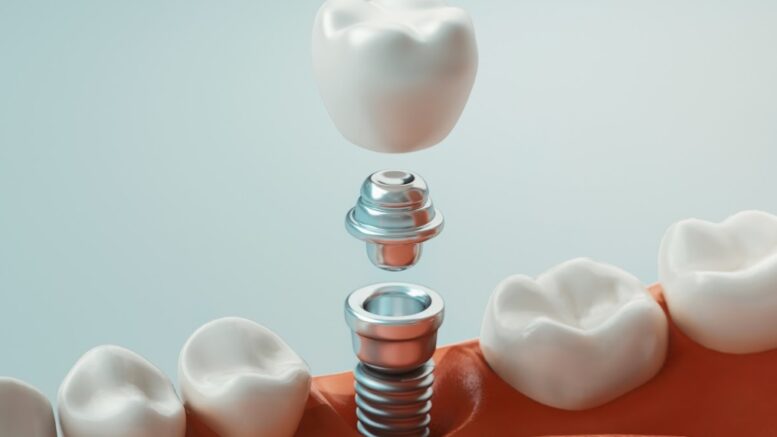There are a number of reasons behind the need of getting dental crowns. Considering that a dental crown acts as a replacement of the tooth enamel, the best way to put it is that one must get a this implant when the enamel stops performing its function. Speaking of enamel, it is a hard, glossy substance, designed in a way that it is able to stand firm against any chemical or mechanical forces our teeth experience while we eat or drink. However, its composition does not make it indestructible.
Before we dive into the specifics, let’s get a hang of the basics.
What are dental crowns?
To begin with, a dental crown, also known as cap, is defined as a restorative dental treatment that offers an affected tooth coverage in full. It happens to be a tooth-shaped cap which is placed to restore the tooth’s shape and appearance. When secured into place, the crown covers the entire exposed part of the tooth.
Let’s now discuss why one might need a dental crown.
Why do we need dental crowns?
The tooth enamel is prone to decay, erosion and cracking. As a result, the teeth may require dental crowns from Rocky Mountain house to retain their functionality and appearance. Below are the common problems that can cause harm to the teeth which ultimately may ask for dental crown placement.
Large or multiple cavities:
Cavities, by definition, are bacterial infections causing permanent damage to the enamel. The bacteria feeds on sugar, produces acid, causing the enamel to dissolve and making way for itself to penetrate the teeth. Common causes of cavities include the presence of bacteria in the mouth, excessive snacking, indulging in sugary drinks and not following a proper oral care routine.

As the cavities grow, they transform into tiny holes. This, in turn, causes the tooth to lose its ability to function normally. Dentists at Dentakay determine whether it is a dental crown or a filling you need by examining the cavity’s severity and size. Mostly, the cavity is too large to get treated with just a filling.
Root Canal Treatment:
When a tooth undergoes a root canal treatment, it ends up losing the nerves as well as the blood supply. This, in turn, causes the teeth to become weak and brittle. Moreover, due to having no nerves, the teeth won’t feel the symptoms of a chipped tooth, thereby missing the warning signs. This is why having dental crown placement is essential! It protects the tooth by providing a solid coverage that prevents it from breaking after the root canal procedure.
Acid Erosion:
Patients who suffer from severe acid reflux or GERD, or those with acidic habits (like drinking sodas daily), often lose significant amounts of enamel through erosion. Rebuilding these teeth and replacing the lost enamel is necessary to prevent more damage and even eventual loss of the tooth itself. Patients with GERD or unhealthy habits like indulging in sodas often end up losing their enamel because of erosion. It is important to replace the lost enamel so as to not end up with an entirely lost tooth. This is why getting crowns proves to be an ideal dental treatment.
Cracked Teeth:
There is no denying that cracks tend to appear on teeth with large fillings. However, it is also a reality that cracks can occur even if your teeth are healthy. To put things in perspective, cracked molar teeth are common in people who grind their teeth during their sleep. Apart from this, one may also develop cracks in teeth due to a facial trauma caused by an injury. Cracked teeth develop into cavities and this calls for a dental crown procedure.
Is the procedure painful?
There may be some instances of discomfort during the treatment but you should not feel pain. wh of the visit that you find uncomfortable, but you should not experience pain when you receive a dental crown. Dentists are usually very careful while performing the treatment and ensure patients do not experience pain by using adequate dosage of local anesthetic.
References
https://www.ijert.org/study-on-fatigue-strength-of-a-dental-crown-a-review
